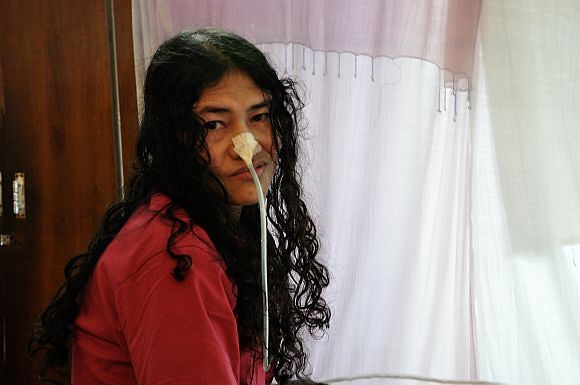the hand that strokes the elephant
Apr. 29th, 2021 10:58 pmI had my whole today turned yanked sideways by a possible medical emergency that turned out not to be one, for which I'm grateful, but I still needed to drive 45 minutes north in the driving rain and then 45 minutes south in the same rain to see disparately located specialists.
Fortunately I had reading material, Tasha Suri's The Jasmine Throne, which I won in a Goodreads giveaway. It's set in an alt-Indian subcontinent in ancient days, with an empire ruling over many principalities and one conquered people, and there is a mythic forest, an abandoned temple in which a hideous massacre took place and where now an imperial princess is imprisoned, spirit powers and a cursed ailment, and moving through all this, the main protagonist, a serving girl who was once a temple child at the aforementioned temple and who has a special connection with it.
The way into the temple is so steep that you have to hold onto a rope to help you scale it, and in the rain it becomes slippery, and there are chasms you can fall into. I have vivid mental images of it, and went to see if I could find good supporting images from real life--sort of like this:

(though I believe that's actually Angkor Wat in Cambodia, not anyplace on the Indian subcontinent.)
In my search, I found some great temple images from Myanmar, including this wonderful image:

(Source)
The kneeling creature looks to be an elephant, so imagine the size of the hand. And there are devotional flowers--I love it.
This image is very beautiful too, from the same place--the Shwe Inn Thein Pagodas west of Inle Lake in Myanmar.
Fortunately I had reading material, Tasha Suri's The Jasmine Throne, which I won in a Goodreads giveaway. It's set in an alt-Indian subcontinent in ancient days, with an empire ruling over many principalities and one conquered people, and there is a mythic forest, an abandoned temple in which a hideous massacre took place and where now an imperial princess is imprisoned, spirit powers and a cursed ailment, and moving through all this, the main protagonist, a serving girl who was once a temple child at the aforementioned temple and who has a special connection with it.
The way into the temple is so steep that you have to hold onto a rope to help you scale it, and in the rain it becomes slippery, and there are chasms you can fall into. I have vivid mental images of it, and went to see if I could find good supporting images from real life--sort of like this:

(though I believe that's actually Angkor Wat in Cambodia, not anyplace on the Indian subcontinent.)
In my search, I found some great temple images from Myanmar, including this wonderful image:

(Source)
The kneeling creature looks to be an elephant, so imagine the size of the hand. And there are devotional flowers--I love it.
This image is very beautiful too, from the same place--the Shwe Inn Thein Pagodas west of Inle Lake in Myanmar.
